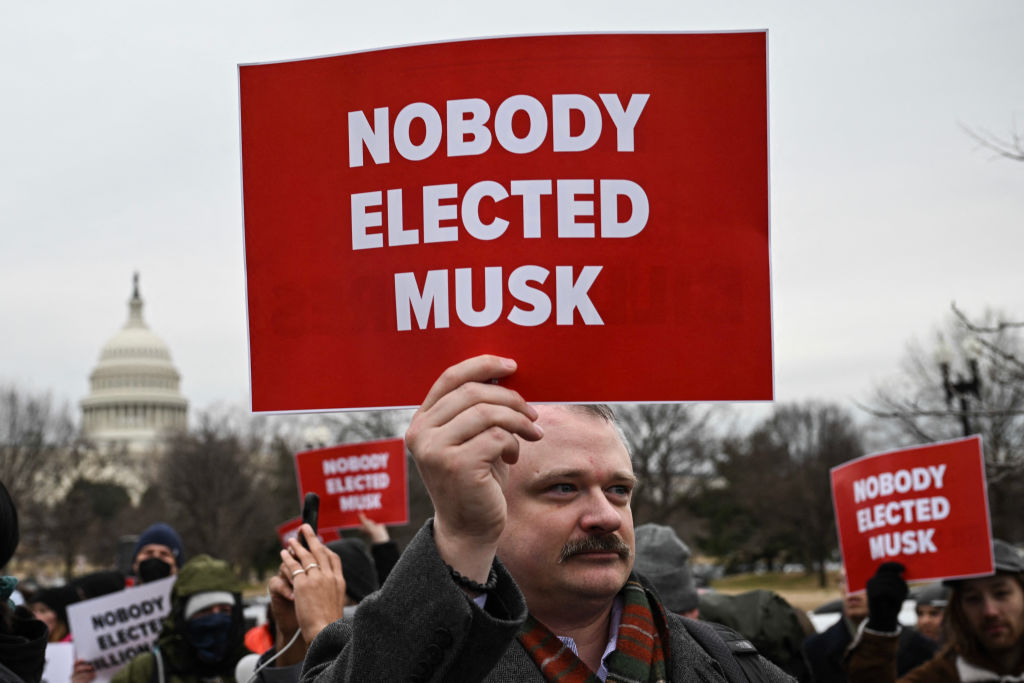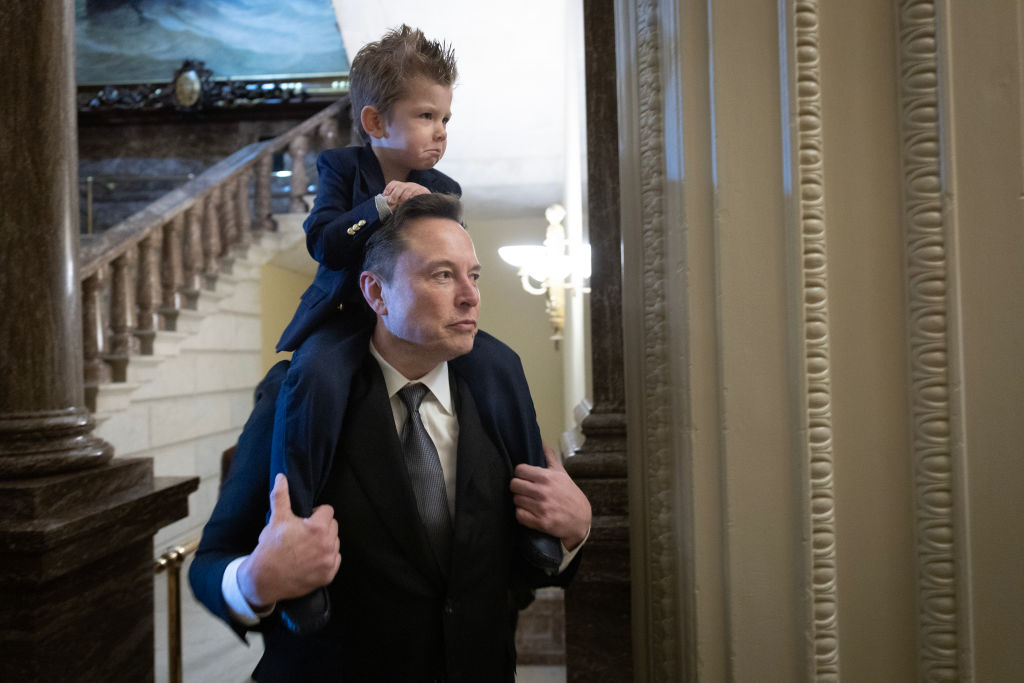Before taking a slight hit to his wealth last year, Vivek Ramaswamy was one of America’s twenty youngest billionaires. His latest venture — a $3 million investment to save BuzzFeed — has Cockburn questioning how he’s made it this far in business.
Last Thursday, news broke that Ramaswamy has acquired a 7.7 percent stake in the ailing digital media company, briefly sending its stocks soaring over 80 percent. The former presidential candidate had apparently been snatching up shares since March, but BuzzFeed, like everyone else, only found out last week. Since then, Ramaswamy has increased his stake to 8.37 percent, becoming the company’s second largest Class-A shareholder.
Ramaswamy is taking his new role as an activist investor very seriously and has come to the table with the naive confidence only a tech bro could bring. In a seven-page letter to BuzzFeed’s board of directors, Ramaswamy implied that the company would fail without his brilliant, three-pronged vision: get back up to startup size, focus on audio and video content (pivot to video!) and make BuzzFeed a bold and distinctive brand. In other words: fire everyone and just keep the YouTube page.
What concerns Ramaswamy most is BuzzFeed’s identity crisis, especially since closing its Pulitzer Prize winning news division in 2023. “What is BuzzFeed’s core mission? What is its brand? What exactly would the world miss if BuzzFeed disappeared tomorrow,” Ramaswamy asked. “You lack good answers to these questions.” To Cockburn, the answer seems obvious — to make fun little quizzes and — but Ramaswamy has other plans. He suggested that BuzzFeed find its mission by apologizing for publishing the Steele Dossier, claiming that Hunter Biden’s emails were stolen and several other journalistic faux pas.
One of Ramaswamy’s biggest suggestions for BuzzFeed is to focus on ideological diversity by hiring Tucker Carlson, Bill Maher and Candace Owens (she is available!). “While your competitors focus on racial and gender diversity in the boardroom, you can become the first media company to expressly select for a diversity of viewpoints in your ranks,” he wrote. Ramaswamy also suggested that the company add three new members to its board of directors by July 15.
All of this has Cockburn wondering what exactly a billionaire investor could possibly want with a media company on its last legs. Maybe he hopes to resurrect it as a cultural force for conservativism with quizzes like “Tell Your BBQ Preferences and We’ll Show You How Woke You Are” or a MTG CrossFit video series. Surely none of that could be worth $3 million.
It’s unlikely that Ramaswamy will get his way, since the company divides its shareholders into two classes. Ramaswamy’s holds his shares in the considerably less powerful Class A which give him just one vote on company matters. BuzzFeed founder and CEO Jonah Peretti currently holds just 2 percent of all Class A shares but 96 percent of Class B shares, which give him fifty votes. It’s good news for Peretti who’s not too fond of Ramaswamy’s plans for the company.
Peretti issued a terse response to Ramaswamy’s requests. “Based on your letter, you have some fundamental misunderstandings about the drivers of our business, the values of our audience, and the mission of the company,” he wrote back. “I’m very skeptical it makes business sense to turn BuzzFeed into a creator platform for inflammatory political pundits. And we’re definitely not going to issue an apology for our Pulitzer Prize-winning journalism.”
More corporate drama is sure to ensue between the two. Ramaswamy doesn’t think Peretti knows how to make BuzzFeed profitable, who in turn doesn’t think Ramaswamy knows how to do it. At the end of the day, does anyone really know?






















Leave a Reply